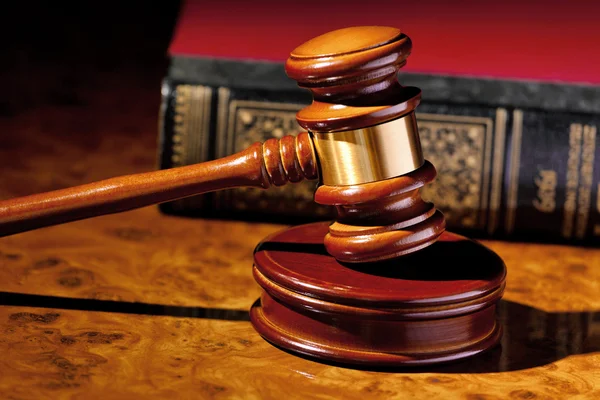On Monday, the US Supreme Court announced that it would hear arguments on whether former President Donald Trump has immunity from prosecution in Special Counsel Jack Smith’s election interference case. The court has fast-tracked the appeal, and a ruling is expected by late June. This decision will have significant implications for Trump’s possible criminal trial and for future presidential administrations.
The case in question stems from Special Counsel Jack Smith’s investigation into the January 6th Capitol riot and any alleged interference in the 2020 election. Smith charged Trump with four counts, including conspiracy to defraud the United States and obstruction of an official proceeding. Trump pleaded not guilty to all charges in August of last year.
In requesting the Supreme Court review the issue of presidential immunity, Trump and his legal team argued that a ruling upholding the prosecution of a sitting president would set a dangerous precedent. They expressed concern that future political opponents could use the threat of criminal prosecution to control or influence the decisions of a sitting president. They also asserted that criminal prosecution would impose a greater personal vulnerability on the president than civil penalties.
The Supreme Court’s decision to fast-track the appeal indicates the significance of this issue and its potential impact on future presidential administrations. This will be the second case the court hears this term involving the former president, after ruling in his favor on Monday in a challenge to Colorado’s attempt to remove him from the 2024 primary ballot.
The court’s decision in Trump v. Smith will also be the first time it considers the meaning and reach of Article 3 of the 14th Amendment, which bars former officeholders who "engaged in insurrection” from holding public office again. Challenges to remove Trump from the 2024 ballot have been filed in over 30 states.
Trump’s recent comments on the ruling in his favor on Monday have shifted the focus to the issue of presidential immunity. In an exclusive interview with Fox News Digital, Trump stated that the ruling was a “great win” for America and equally important would be the decision on immunity for a president. He argued that without complete and total immunity, the presidency would be rendered as nothing more than a ceremonial position and that no president could properly and effectively function.
While the former president and his legal team have expressed their concerns about the implications of a ruling against immunity for a sitting president, there are also those who argue the other side. Those in favor of prosecution argue that no one, including the president, is above the law and that granting immunity to a sitting president would set a dangerous precedent. They also point to the potential for abuse of power if a president were to have complete immunity from prosecution.
The Supreme Court’s ruling in this case will have far-reaching effects on the balance of power between the branches of government and the accountability of those in positions of leadership. It will also set a precedent for future cases involving the prosecution of a sitting president. The outcome of this case will also have significant implications for Trump’s future political aspirations and for the 2024 election.
As the court prepares to hear arguments in Trump v. Smith, Americans are closely watching and awaiting a decision. The ruling will undoubtedly have a significant impact on the country and its political landscape. The debate over presidential immunity and the extent of presidential powers is a crucial one, and the Supreme Court’s decision in this case will have a lasting impact for years to come.

